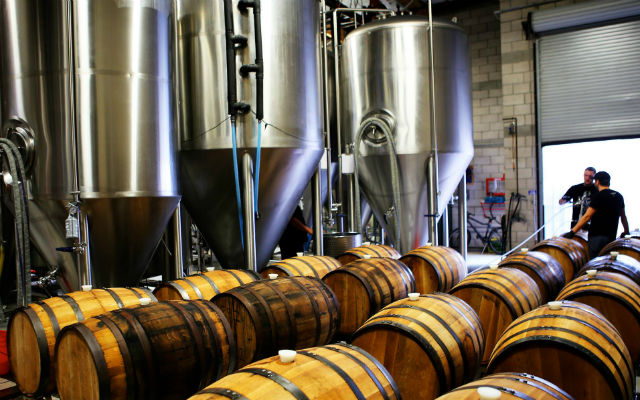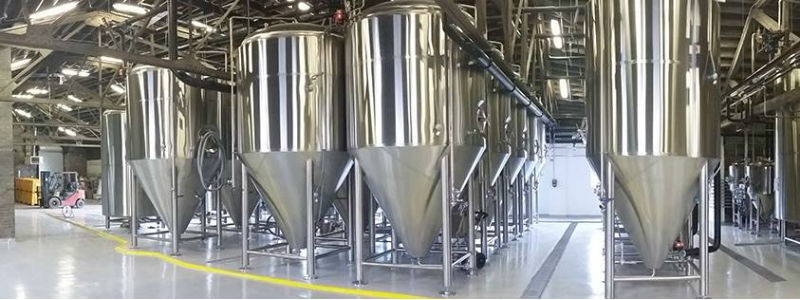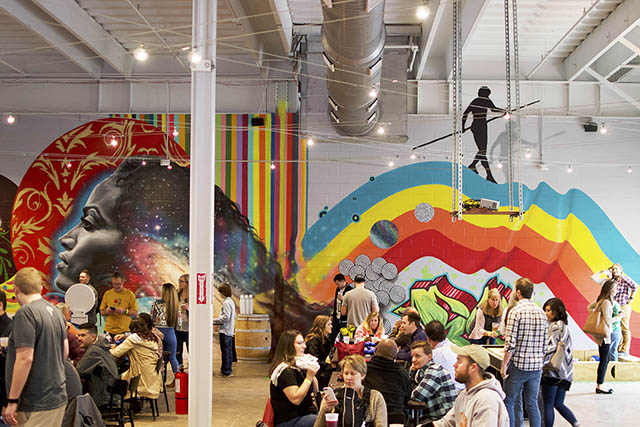
The Craft Beverage Modernization and Tax Reform Act that went into effect for 2018 and 2019 has brought some tax relief for craft beer, wine and spirits makers.
But what will breweries do with those savings? Brandon Scripps, a Senior Audit Manager at Sensiba San Filippo shared some insight with Brewer Magazine recently.
Scripps said the bill will encourage collaboration between brewers by allowing the transfer of beer between bonded facilities without tax liability. This means that brewers will have more freedom to collaborate on new beers and share bottling and storage facilities without the tax burden. The bill also expands the list of ingredients that can be automatically added to a beer without the approval of the TTB. The list of exempt ingredients has been expanded to include wholesome fruits, vegetables and spices.
Scripps added to take advantage of R&D projects.
“Currently, the expenses can be immediately deducted and a tax credit is available,” he said. “This will soon change. After 2021, R&D expenses will need to be capitalized over five years for tax purposes.”
He also noted that breweries in California should take advantage of programs and credits out there to incentivize expansions, such as the CA hiring credit, the CA competes credits, the CA training credit, and the manufacturing equipment sales tax exemptions.
This reduction is expected to produce more than $140 million in annual savings, allowing considerably more capital to be invested within the business. Brewers can look forward to having more savings for research and development, expanding operations, hiring more workers and stimulating their local economy.
Obviously each brewery is its own animal and there isn’t going to be one answer for all, but capital improvements is a good way for breweries to invest with the added tax benefit.
“Under the current tax law, there is favorable accelerated depreciation which would allow additional tax deductions and in turn reduce the price you are actually paying for the improvements,” Scripps said. “Focus on capacity and production. However, investing in people and infrastructure never hurt as this is what helps the future growth and the brand to stand out in the crowded market.”
With everything going on right now, Scripps said it’s too early to tell if the favorable provisions will be extended or not, he did say for any brewery to talk to their CPA about changing to a cash basis and then revisit the overall tax structure of a brewery’s entity — such as an S Corp versus C Corp versus Partnership.




Be the first to comment